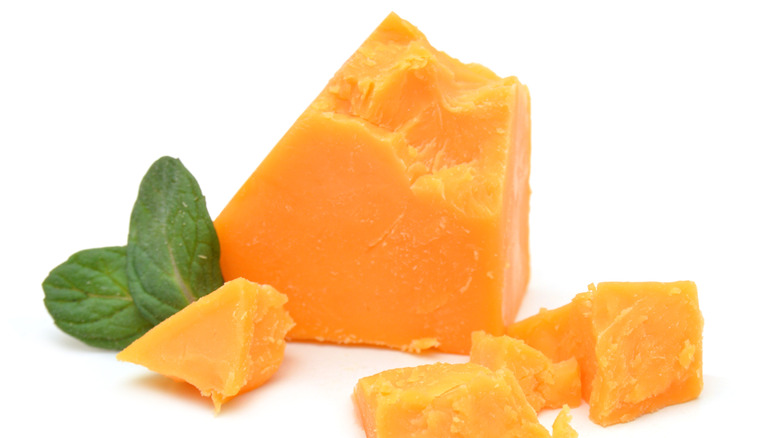
Introduction
i. Brief history of cheddar and Colby cheese
Cheddar and Colby cheeses have rich histories that date back to their origins in England and the United States, respectively. Cheddar, originating from the English village of Cheddar in the 12th century, has become one of the most popular and widely produced cheeses globally. Colby cheese, on the other hand, was first crafted by Joseph Steinwand in Wisconsin in 1885, aiming to mimic the taste and texture of cheddar but with a milder profile.
ii. Importance of understanding the differences
It is crucial for cheese lovers and culinary explorers to grasp the distinctions between Cheddar and Colby cheeses to fully appreciate their unique characteristics. While Cheddar boasts a sharper, more pronounced flavor profile, making it ideal for bold dishes and melting applications, Colby offers a gentler taste with a creamy texture that suits snacking and lighter dishes. Understanding these differences allows individuals to creatively incorporate these cheeses into various recipes, enhancing their culinary experiences.

Cheddar Cheese
i. Origins and history of cheddar cheese
Cheddar cheese has a rich history that traces back to the English village of Cheddar in the 12th century. It is considered one of the oldest and most popular cheeses globally, with Somerset, England being its place of origin.
ii. Characteristics and flavor profile of cheddar
Cheddar cheese is known for its sharp and pronounced flavor profile. It is often favored for its bold taste, making it ideal for dishes where a strong cheese flavor is desired. Cheddar cheese also melts well, making it a popular choice for various cooking and baking applications.
Through the years, cheddar cheese has evolved to include various flavor profiles ranging from mild to extra sharp. Its versatility in cooking and its ability to pair well with a wide range of ingredients have contributed to its enduring popularity in the culinary world.

Colby Cheese
i. Origins and history of Colby cheese
Colby cheese originated in the United States, specifically in Colby, Wisconsin during the late 19th century. It was named after the town where it was first produced, emphasizing its American roots in cheese-making.
ii. Characteristics and flavor profile of Colby
Colby cheese is known for its mild and lactic flavor profile, distinguishing it from the sharper taste of cheddar. It has a firm texture with a buttery finish, making it a versatile cheese for various culinary applications. Colby cheese also has a more open texture compared to cheddar, giving it a unique mouthfeel.
Despite its American origins, Colby cheese has become popular for its creamy texture and sweeter taste, making it a favorite for those looking for a milder cheese option. Its ability to blend well with a variety of dishes has contributed to its widespread usage in American cuisine.
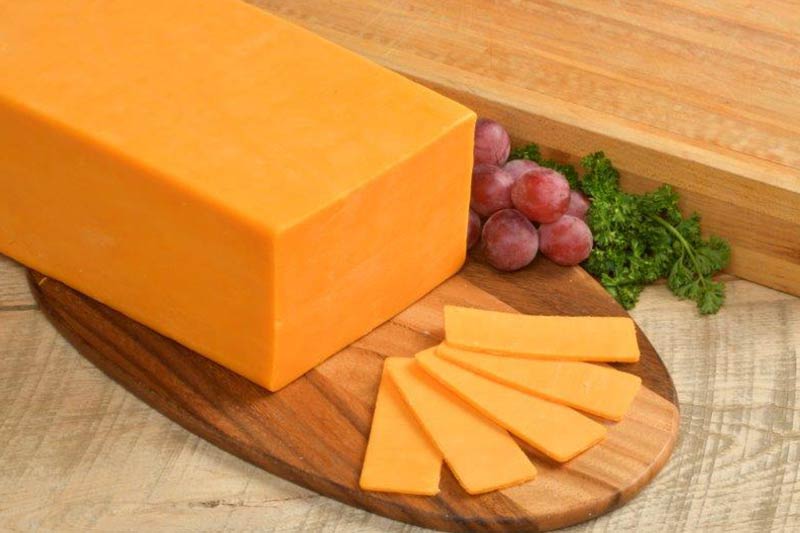
Production Process
i. Traditional methods of making cheddar cheese
Cheddar cheeseis traditionally made by cutting, stirring, and heating the curds to separate them. The curds are then pressed and aged for an extended period, resulting in a sharp and robust flavor. This process contributes to the characteristic tanginess and crumbly texture of cheddar cheese, making it a beloved choice for many cheese enthusiasts.
ii. Unique steps in the production of Colby cheese
Colby cheese distinguishes itself from cheddar through unique production steps. Originating in Colby, Wisconsin, it is known for its milder flavor profile achieved by washing the curds in cold water, halting the acidification process. Colby cheese is aged for a shorter period, typically one to three months, compared to traditional cheddar. This shorter aging process results in a sweeter and more mild cheese with a buttery finish, making it a versatile option for various culinary uses. Despite its American roots, Colby cheese has gained popularity for its creamy texture and open structure, making it a favorite choice for those seeking a less intense cheese option with a hint of sweetness.[13][14][15][16]
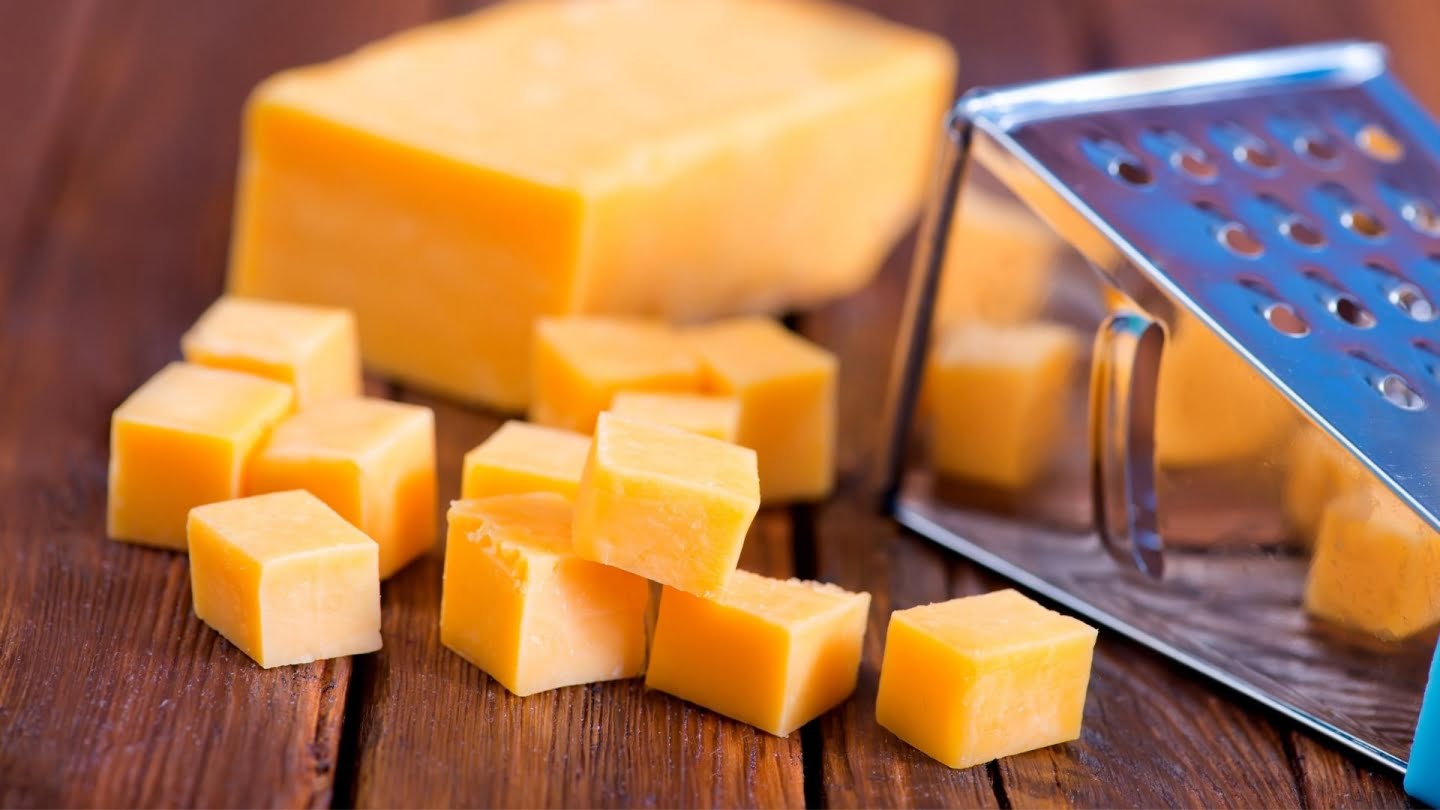
Taste Test
i. Contrasting flavors of cheddar and Colby cheese
Cheddar cheese is renowned for its bold and sharp taste, accentuated by nutty undertones and a hint of tanginess. The aging process of cheddar cheese results in a rich and complex flavor profile, making it a favorite among cheese aficionados. On the other hand, Colby cheeseoffers a more subtle and creamy flavor with a touch of sweetness. Its smooth texture further enhances its mild and slightly tangy taste, providing a unique flavor experience different from that of cheddar cheese.
ii. Popular pairings and serving suggestions
When it comes to pairing these two cheeses, you can get creative with your culinary combinations. Cheddar cheese pairs exceptionally well with fruits like apples and pears, as their sweetness complements the sharpness of the cheese. It also makes a delicious addition to sandwiches and burgers, adding a flavorful punch to each bite. On the other hand, Colby cheeseshines in dishes where its milder flavor can be appreciated, such as macaroni and cheese or grilled cheese sandwiches. Its versatility makes it a great choice for melting into casseroles or simply enjoying on a cheese platter with crackers and nuts.
These distinct flavors of cheddar and Colby cheese open up a world of possibilities in the kitchen, allowing you to explore a wide range of flavor combinations and culinary creations.
Nutritional Value
i. Variations in nutritional content between cheddar and Colby
When comparing the nutritional content of **Cheddar** and **Colby** cheese, both varieties offer similar benefits. They are both high in protein and fat, with minimal carbohydrates. **Cheddar** cheese typically contains slightly more calories than **Colby** cheese. However, both cheeses are excellent sources of essential nutrients like calcium, phosphorus, and vitamin B12. It is important to note that consuming these cheeses in moderation is recommended due to their high fat content.
ii. Health benefits of consuming these cheeses
Both **Cheddar** and **Colby** cheese provide essential nutrients that contribute to overall health. They are rich in calcium, which is crucial for maintaining strong bones and teeth. Additionally, the protein content in these cheeses supports muscle growth and repair. The presence of vitamin B12 is essential for brain function and the production of red blood cells. While the fat content in these cheeses should be consumed in moderation, it does offer a source of energy for the body. Overall, incorporating **Cheddar** and **Colby** cheese into a balanced diet can help meet daily nutrient requirements.[21][22][23][24]

Culinary Uses
i. Cooking and melting properties of cheddar
**Cheddar cheese** is renowned for its sharp flavor and exceptional melting qualities, making it a beloved choice for a wide range of culinary applications. When melted, cheddar adds a rich and savory depth to dishes such as macaroni and cheese, casseroles, and grilled cheese sandwiches.
ii. Ideal recipes for incorporating Colby cheese
**Colby cheese** is prized for its milder taste and creamy texture, making it perfect for snacking and sandwich creations. This cheese shines when paired with crackers or melted onto light breads for a flavorful and satisfying snack. Its subtle flavor enhances dishes without overpowering other ingredients, making it a versatile option for salads, wraps, and omelets.[25][26][27][28]
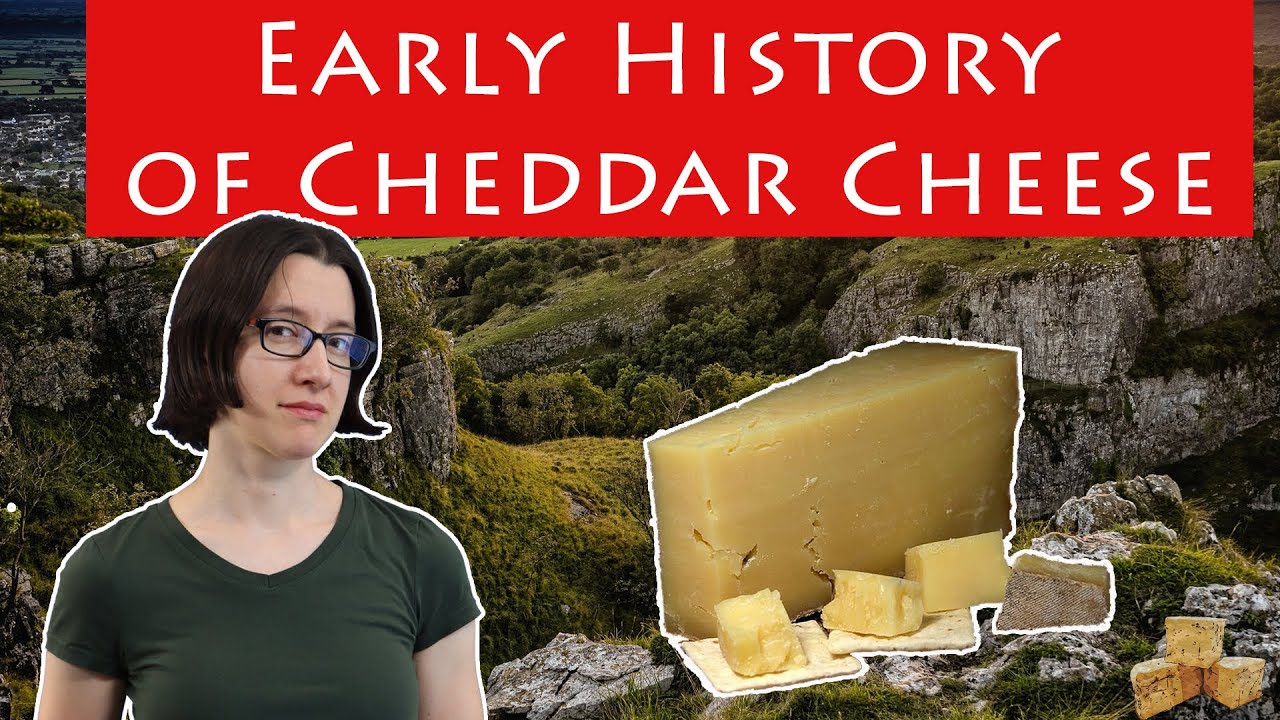
Popular Varieties
i. Exploring different types and aging variations of cheddar
**Cheddar cheese** originates from the village of Cheddar in Somerset, England. It is available in various types, including mild, medium, sharp, and extra sharp. The aging process of cheddar cheese contributes to its distinct flavor profile. Young cheddar tends to be more creamy and mild, while aged cheddar develops a sharper taste and crumbly texture. Some cheddar varieties even undergo additional aging in caves or cellars, leading to a complex and robust flavor.
ii. Notable regional variations of Colby cheese
**Colby cheese** hails from the United States, particularly Wisconsin, and is named after the town of Colby in Wisconsin. This cheese is characterized by its semi-hard texture and mild flavor. In addition to traditional Colby cheese, variants like Colby-Jack, a blend of Colby and Monterey Jack cheeses, offer a unique taste experience. Colby cheese production is not limited to the United States, as countries like Australia and New Zealand also produce their versions, often referred to as "Colby-style" cheese. These regional variations showcase the adaptability and popularity of Colby cheese worldwide.[29][30][31][32]
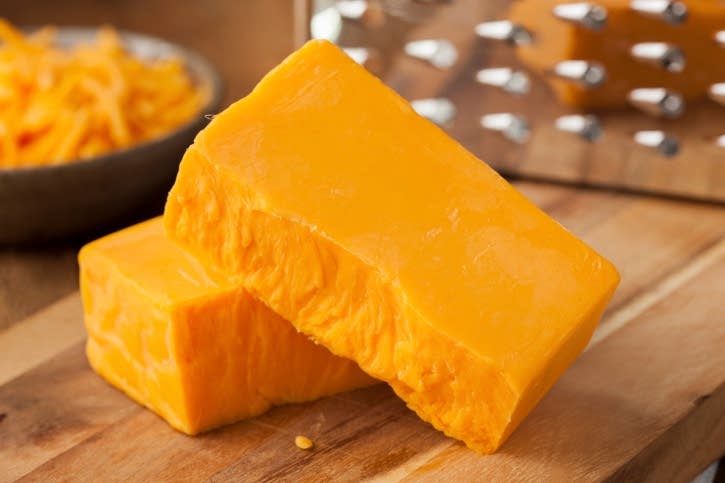
Conclusion
i. Final thoughts on the cheddar vs. Colby cheese debate
Cheddar cheese originates from the village of Cheddar in Somerset, England and offers various types and aging variations, including mild, medium, sharp, and extra sharp. The distinct flavor profiles of cheddar cheese range from creamy and mild in young cheddars to sharp and crumbly in aged varieties. On the other hand, Colby cheese from the United States, particularly Wisconsin, is known for its mild flavor and semi-hard texture. Variants like Colby-Jack provide a unique taste experience, showcasing the adaptability of Colby cheese on a global scale.
ii. Recommendations for cheese enthusiasts and recipe ideas
For those seeking a robust, tangy flavor, Cheddar cheese is an ideal choice for various culinary applications, including macaroni and cheese, grilled cheese sandwiches, and cheese platters. On the contrary, Colby cheese with its milder, creamier taste can be enjoyed on its own, melted on burgers, or used in quesadillas for a subtle cheese flavor. Cheese enthusiasts can experiment with both cheddar and Colby cheese in recipes to explore the nuances of each variety and enhance their culinary creations.
DK FAQ MARK
FAQ about Cheddar vs Colby: Cheese Clash
Q: What is the main difference between Cheddar and Colby cheese?
A: The main difference between Cheddar and Colby cheese lies in their texture and flavor profile. Cheddar is typically sharper and firmer, while Colby cheese is milder and softer.
Q: Can Cheddar and Colby cheese be used interchangeably in recipes?
A: Yes, Cheddar and Colby cheese can often be used interchangeably in recipes that call for a mild, semi-soft cheese. However, the flavor and texture may vary slightly.
Q: Which cheese is better for melting: Cheddar or Colby?
A: Cheddar cheese is often preferred for melting due to its sharper flavor and firmer texture, which gives a more pronounced taste and gooey consistency when melted.
Q: Are Cheddar and Colby cheese both suitable for snacking?
A: Yes, both Cheddar and Colby cheese make great snacks on their own or paired with fruits, nuts, or crackers. It ultimately comes down to personal preference in terms of flavor and texture.
Q: Can lactose-intolerant individuals consume Cheddar or Colby cheese?
A: People who are lactose-intolerant may find Cheddar and Colby cheeses easier to digest than other dairy products due to their lower lactose content. However, individual tolerance levels may vary.

Gourmet Tiger, a culinary sensation, was established with a vision to delight taste buds and create unforgettable dining experiences. Specializing in cakes, casseroles, lunch, catering, and more, Gourmet Tiger has become a household name synonymous with exquisite flavors and impeccable service. Since its inception, Gourmet Tiger has been dedicated to crafting delectable treats and savory dishes that exceed expectations. Their commitment to using only the finest ingredients and innovative culinary techniques has set them apart as a leader in the food industry.